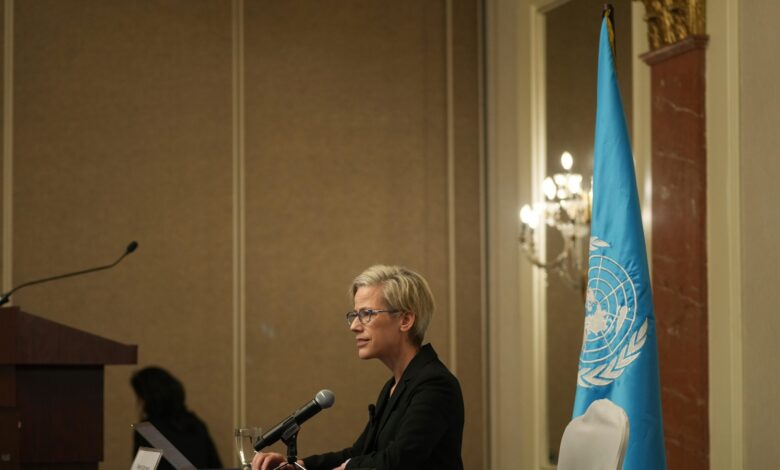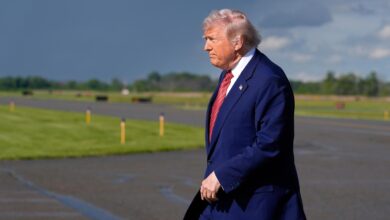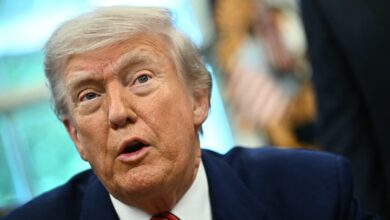UN expert says Guatemalan prosecutor’s office using criminal law to pursue opponents

A United Nations expert has warned at the conclusion of her two-week visit that Guatemala’s prosecutor’s office is increasingly using criminal law against former prosecutors, judges, defense attorneys, journalists and others
GUATEMALA CITY — A United Nations expert warned today at the completion of her two-week tour that the prosecutor’s office in Guatemala is resorting more and more to criminal law against former prosecutors, judges, defense attorneys, journalists and others.
Margaret Satterthwaite, the U.N. Special Rapporteur on the independence of judges and lawyers, journeyed across the nation to engage with judges, lawyers, legislators and other stakeholders, including Guatemala’s chief prosecutor.
In her preliminary report, Satterthwaite remarked, “The strategic use of criminal law by the Prosecutor General’s Office seems to constitute a systematic pattern of deliberate and severe violation of fundamental rights, specifically targeting certain groups. This campaign of persecution seems to be escalating, as individuals who have endeavored to combat impunity and corruption, uphold human rights, or voice opposition against abuses of authority are increasingly subjected to online harassment, threats, and criminal accusations.”
The head of the office, Consuelo Porras, has been condemned by the United States and other nations, accused of impeding corruption inquiries.
During her visit, Satterthwaite conversed with Porras and her team. They asserted that they were acting within the boundaries of the law, refuted allegations of leveraging criminal law to target adversaries, and claimed to be the true victims of assaults by the executive branch and its affiliates, as per the U.N. expert.
“More than 60 judicial figures and legal or human rights advocates have been subjected to criminal charges,” Satterthwaite disclosed, emphasizing that over 50 “judicial figures” have been compelled to flee the country due to actions by the prosecutor’s office.
Subsequently, Porras’ office contested Satterthwaite’s initial report, contending that it did not accurately represent “the intricate nature of our work, nor the exhaustive data that was furnished.”
“We vehemently refute the notion of ‘criminalizing sectors,'” the office affirmed. “Our actions are predicated on diligent, impartial investigations that strictly adhere to Guatemala’s legal framework.”
President Bernardo Arévalo has unsuccessfully attempted to persuade Porras to resign. His office did not promptly respond to a request for comment on Satterthwaite’s findings.





